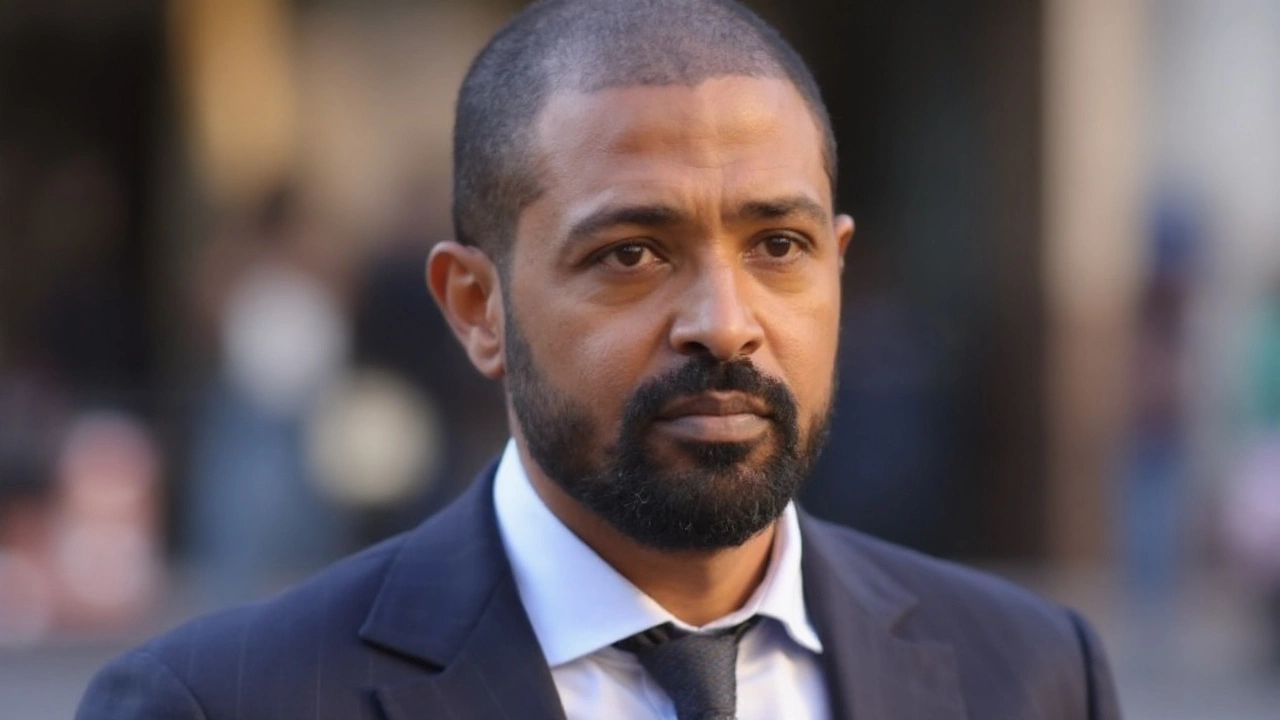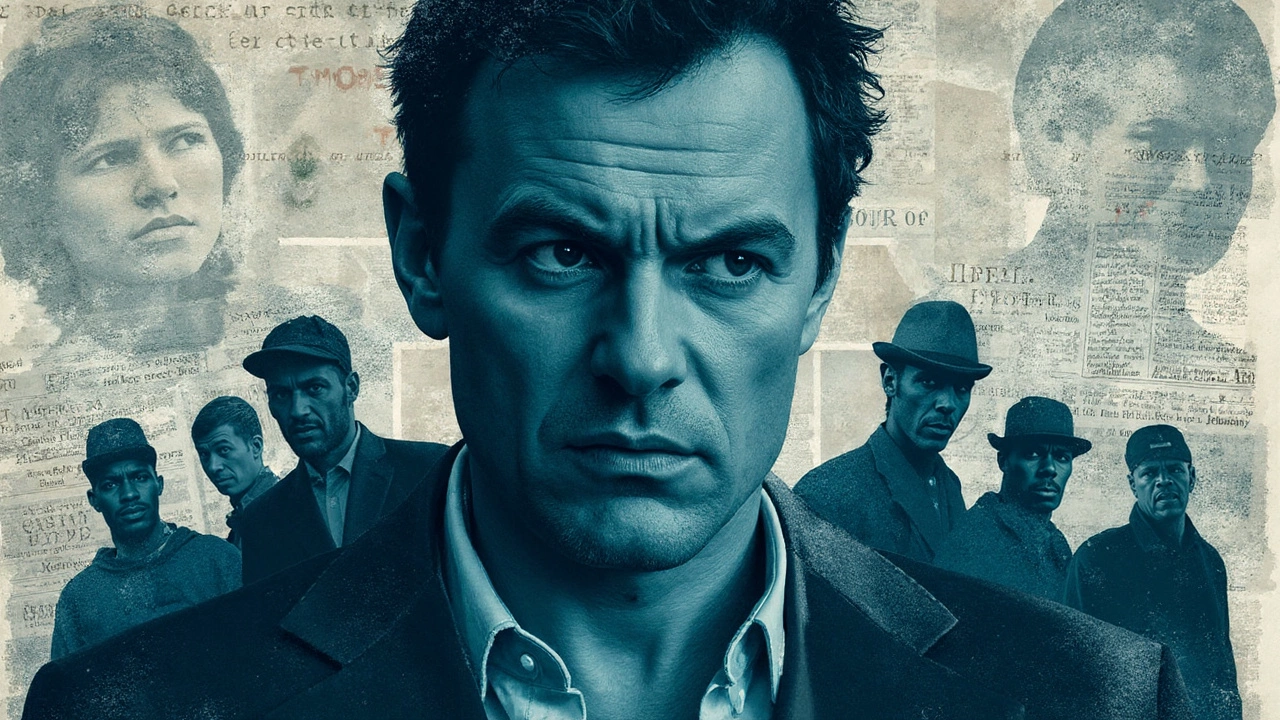How the case unfolded
When Noel Clarke filed a libel suit against The Guardian, he probably thought he could clear his name with a courtroom victory. Instead, the High Court turned the tables, delivering a 224‑page judgment that not only dismissed his claim but also affirmed that the newspaper's accusations were largely accurate.
The legal battle began after a series of Guardian articles, starting in April 2021, labeled Clarke a "sexual predator" and detailed accusations from 20 women. The pieces described a pattern of groping, bullying, unwanted sexual contact, and even the taking of explicit photos without consent. The fallout was immediate: his BAFTA was suspended, his production roles were put on hold, and his TV projects were cancelled.
Clarke’s response was a public apology and a promise to seek professional help. The police later said there wasn’t enough evidence for a criminal case. Yet, he decided to fight back in civil court, hoping a legal win would restore his reputation and silence the stories.
What followed was a six‑week trial that read like a courtroom drama. Twenty‑six witnesses, some identified only by pseudonyms such as "Penelope" and "Anna," took the stand. Their testimonies spanned the entire fifteen‑year period the Guardian had covered. The judge, Mrs Justice Steyn, repeatedly highlighted that Clarke’s own statements were contradictory and unreliable, undermining his credibility.
In the end, the court found The Guardian’s defense of truth and public interest to be solid. Out of the 22 women whose accounts were examined, the judge ruled in favor of the newspaper on virtually every claim, with only minor nuances regarding a few statements.

What the judgment means
The ruling is a textbook example of the Streisand Effect – trying to hide something only makes it louder. Instead of muting the allegations, the libel case gave them a massive platform, complete with a public record that will sit on legal databases forever.
- Financial hit: Clarke now faces multi‑million‑pound legal fees, a sum that could be difficult to cover.
- Career impact: The decision cements the damage already done. Industry bodies that had suspended his memberships are unlikely to reverse their stance quickly.
- Public perception: With the judgment publicly available, the court’s language – calling the allegations "substantially true" – will shape how audiences view Clarke for years to come.
- Legal precedent: The case underlines the high bar public figures must meet when challenging media reports of serious misconduct.
For the women who spoke out, the verdict is a rare moment of validation in a field where victims often feel ignored. For other high‑profile figures, it serves as a cautionary tale: when the accusations involve patterns of abuse, the courtroom may not be the place to regain control.
As the judgment circulates, discussions about power dynamics in the entertainment industry are likely to intensify. The Guardian’s investigative work, once dismissed as sensationalist by some, now stands reinforced by the highest court. Whether this will prompt broader changes in how studios handle complaints remains to be seen, but the legal saga has certainly shifted the conversation from "he said, she said" to a documented record of alleged misconduct.
